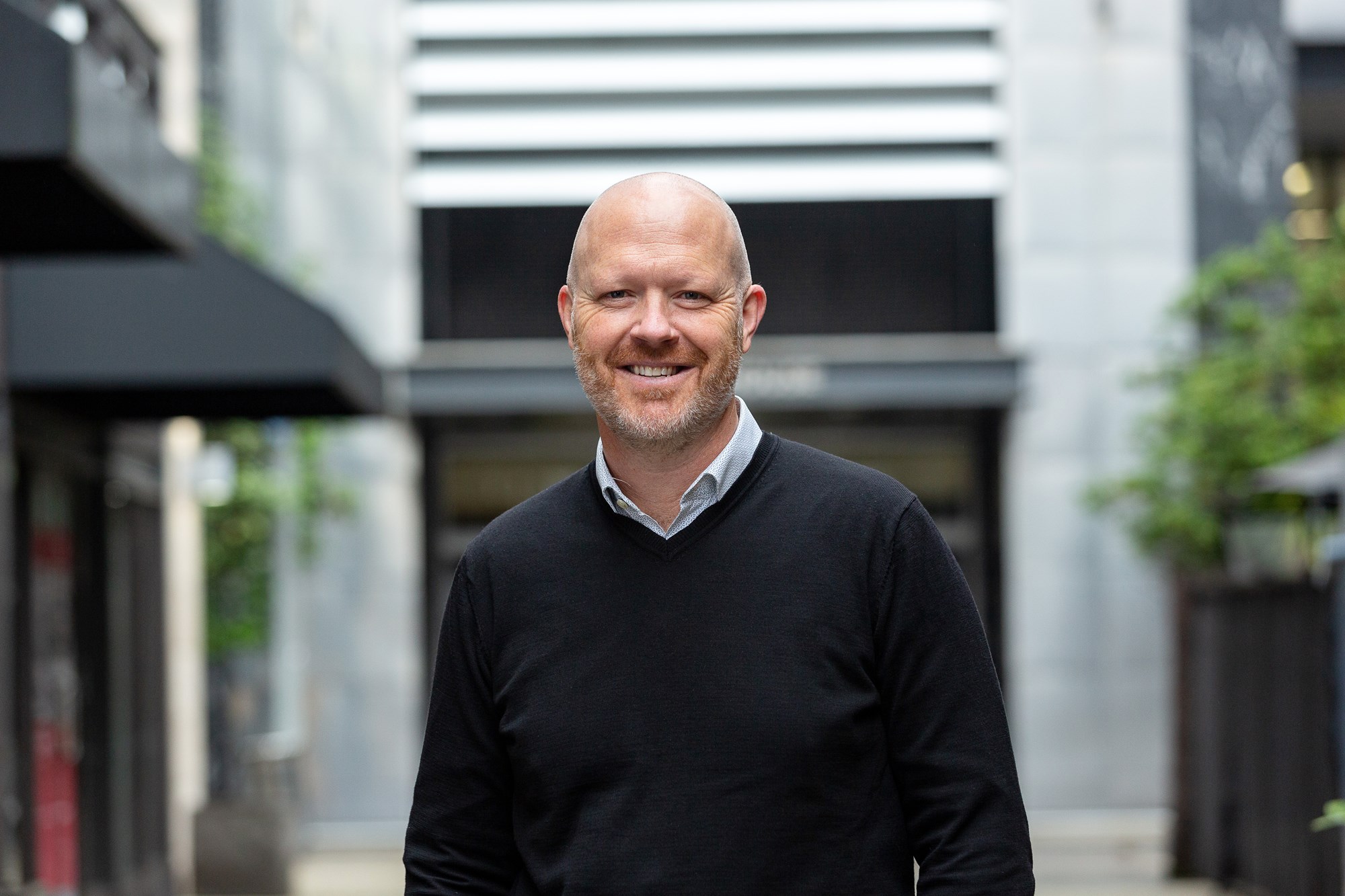Grant's Kōrero: Resilience, Strategy and the Recession

The news is full of stories about how Aotearoa is in recession at the moment, which can be an unsettling read. It’s good to understand what a recession is and what it means for Whai Rawa.
Technically being in a recession means New Zealand is going through a period of negative growth where we are producing fewer goods and services than we were previously. This results in people earning less money and therefore spending less. It also results in higher unemployment.
Having people in a position where they have to spend less is designed to slow the ecomony down. Why? As I am sure you all know, the cost of living is high and by making people spend less, the aim is to slow down the rate at which prices are going up. That’s a good thing – but the journey to get to that point can be worrying, especially as unemployment increases.
All businesses face risk, Whai Rawa included. A recession increases some of those risks. It’s Whai Rawa’s job to do our best to minimise the impact of these risks through good management and a sensible plan.
Our risks include, as a landlord, tenants defaulting on rents or vacant space taking longer to lease. So we need to be closely engaged with our tenants, and with the market for new tenants. If we build new homes for sale, there is a risk those homes may take longer to sell (at lower prices) than we want. So we again need to know our market well (Will people want these homes, and be able to afford them?) and may need buyers to commit before we start building.
Another area where Whai Rawa can feel a recession is in our property revaluations. Our financial year is coming up where we report on the value of those property assets. In a recession, they can be flat or even go backwards in value. The key to remember here is that this is a paper loss, not a cash one.
It is normal for investments to move up and down in value. As we have seen, property values increased considerably in the past decade, and a temporary slow down or backwards step is not surprising. We need to stay focused on the longer term.
The good news in all this is that we have low debt, which means we are in a good position to weather any recession. We also have a robust plan to ensure we continue our momentum as a strong business for Ngāti Whātua Ōrākei iwi.
In the medium to long term our plan includes diversifying our investments to ensure we are even more resilient. This means we may sell some current investments (like bare land) and buy some non-property assets, like shares, or purchase property in different sectors such as retail or industrial.
If you follow any financial commentators, they’ll tell you that diversification is key. ‘Don’t have all your eggs in one basket’ is a phrase you’ll hear often. This is true for both individuals and businesses such as ours. The reason is that if one area is down, another may be up, so they balance out. Different areas get affected by different economic conditions at different times and to different degrees.
Our aim is to ensure we have the right balance of assets to maintain the stability and resilience we currently enjoy. As an iwi organisation, we play a long game and it has served us well.
